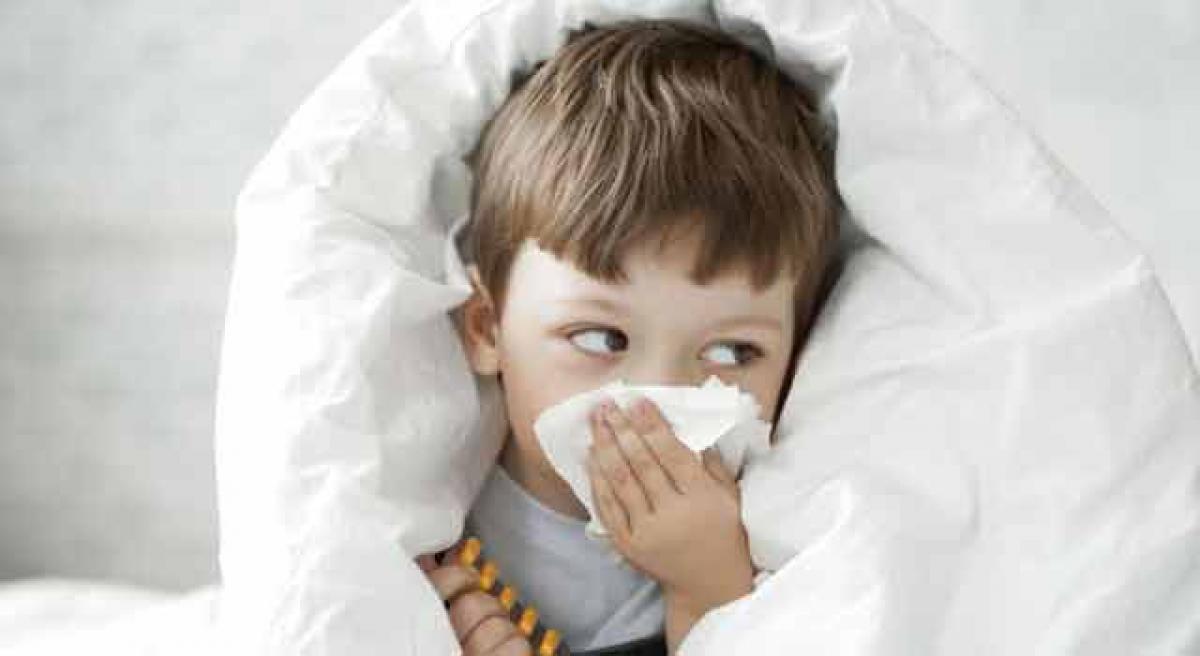Live
- Nawsad Siddique files defamation suit against Trinamool MLA
- Pretty hard to take BGT series loss, batters need to take responsibilities: Sunil Joshi
- Tit for tat by CM Vijayan: MLA, ex-legislator named in FIR in Cong leader’s suicide case
- Sandeep Dikshit files defamation case against AAP's Atishi and Sanjay Singh over 'funding' allegations
- Equity fund inflows in India surge over 14 pc to Rs 41,156 cr in Dec
- Ram Charan's Game Changer Gets Ticket Price Hike Approval
- Supreme Court Grants Relief to Mohan Babu in Journalist Attack Case
- CM Chandrababu reviews on Tirupati stampede incident, gives directions to officials
- Women, children development to top agenda at Udaipur meet from Jan 10
- Antony asks Cong leaders to concentrate on Kerala local body polls, not on next CM









